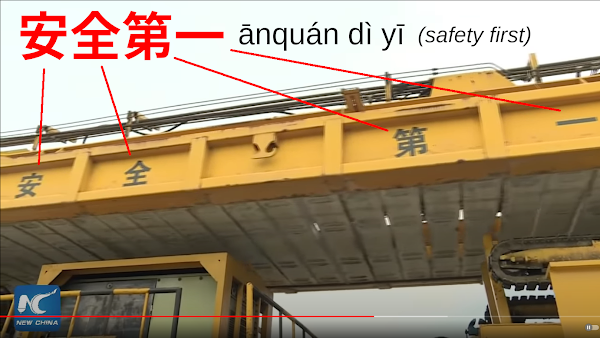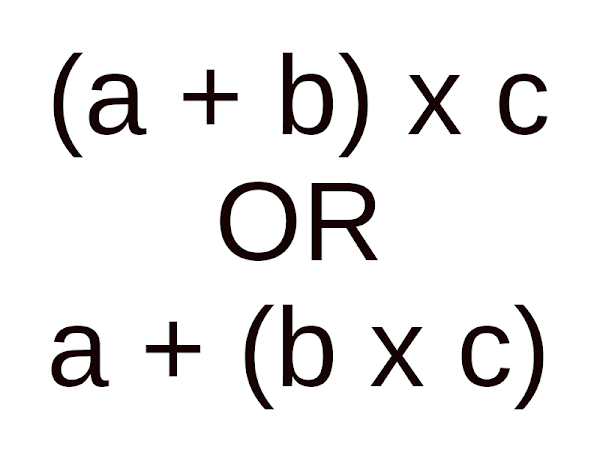I'd like to ring in the New Year on a positive and hopeful note.
It's no secret to those who know me that I would like to see India and China come closer together. Politically, I would like the two countries to be trusted allies and to face a hostile world together (No prizes for guessing which antagonistic power bloc I'm referring to). On a people-to-people basis, I would particularly like for Indians to shed their negative attitudes and prejudices towards the Chinese, and to recognise them as people like themselves.
I'm therefore gratified to see popular Youtube channels by Indian vloggers living in China and married to Chinese people. They're not celebrities, just ordinary people, and that's what makes their stories so interesting and relatable. The detailed documentation of their daily lives gives their audiences an intimate look into life in China, and the featured interactions with family members and friends provide an interesting picture of contemporary Chinese society.
I've selected two in particular. One is a guy from Himachal Pradesh called Ravi Bhardwaj, who seems to be a professional Yoga teacher. The other is a lady from Rajasthan called Ruchi (surname and profession unknown). Both have been living in China for a few years, and are married to Chinese people. Each couple has a young child.
Top: A scene from "Ruchi in China". Bottom: A scene from "Indian in China".
Ravi Bhardwaj mainly speaks in Hindi. His channel is rather unimaginatively called "Indian in China".
Here's a sample videoclip from his channnel:
Ruchi's channel is called "Ruchi in China" (a slight improvement over "Indian in China"). She speaks in a mixture of Hindi and English.
This is a sample videoclip from her channel:
The word "vlog" in this context reminded me of the Hindi वे लोग ve log ("those people"). Indians tend to know little about the Chinese, and their (negative) attitudes towards Chinese people are overly influenced by political events such as the simmering border dispute between the two countries and the prevalent narrative on the Indian side that portrays the Chinese as treacherous and untrustworthy.
Having lived in Australia for almost a quarter century now, and having made many good Chinese friends, I can see that the Indian view of the Chinese is baseless and highly distorted. The "othering" of the Chinese people can potentially be counteracted by channels like these, where Indian viewers can be introduced to ordinary Chinese people through the eyes of other Indians like themselves.
It's entirely possible, by the way, that these channels are not completely independent individual initiatives but receive some degree of support from the Chinese government. The amount of travelling these people do suggests that there is a hidden source of funding and direction. However, I don't see that as a disqualification. Cultural outreach is fair play, and it's in a good cause to boot. The stream of images, voices and situations that Indian viewers get exposed to is far preferable to the information vacuum in which a one-sided mainstream media narrative has been playing out all these years. I believe that India today is sleepwalking into a defence and foreign policy nightmare thanks in large part to media brainwashing about China that sabotages trust before it can even take root. If at least some Indians begin to shake off that conditioning and start to explore their neighbouring country for themselves, it could lead to a more peaceful and cooperative tomorrow.
And so, as New Year's Eve approaches, I raise a toast to these vloggers and say 干杯! gānbēi! ("Cheers!"). The bridges they're helping to build are no less important than the steel-and-concrete ones of the BRI.












































